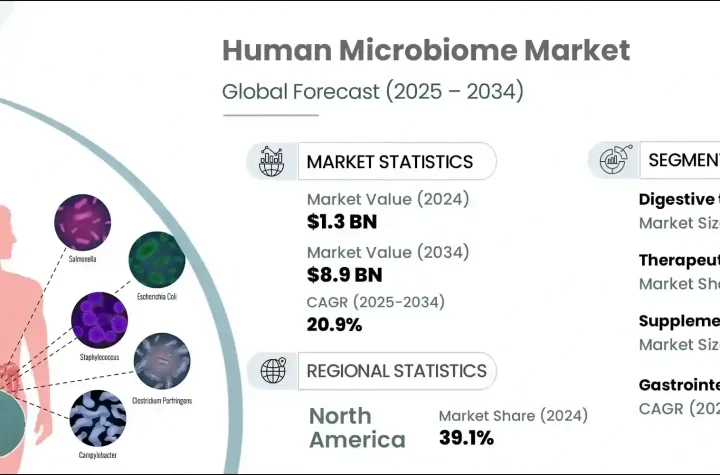
Consuming nutritious post-workout meals can have an enormously positive effect on muscle recovery. By including protein and carbs as part of these meals, they help replenish lost nutrients through sweat.
Consume carbohydrates within an hour after exercise to facilitate glycogen replenishment. Carbs may come from sources like bread, grains, cereals or starchy vegetables.
1. Protein
Eating both carbohydrates and proteins immediately following exercise will enhance muscle protein synthesis (MPS), the process by which your body creates new muscle proteins to replace those lost during your workout.
Carbs replenish the glycogen stores that become depleted during your workout, while protein promotes muscle growth, strength, and endurance. Therefore, an ideal post-workout nutrition option would include both carbohydrates and proteins together in one meal or snack.
Ideal protein sources include whole food sources like chicken, turkey breast, fish, eggs, dairy products, soy and nuts. A convenient and easily digestible protein source would be whey protein shake.
Forming healthy, well-rounded eating habits can help you recover more quickly from workouts and achieve fitness goals faster. However, depending on the length and intensity of your session, eating directly after may or may not be necessary; for short or low intensity workouts a nutritious snack at your regular meal time should do just fine.
2. Carbohydrates
Carbs provide energy for exercise. After being digested, carbohydrates are broken down into sugars (primarily glucose) that supply energy directly to muscle tissue and organ systems during activity, and also serve as recovery sources.
Glycogen stores become depleted after intense and prolonged exercise, so to optimize recovery it is key to consume carbohydrate-rich foods shortly after exercising so as to facilitate rapid uptake of glucose by your cells.
However, if another training session is scheduled later that day or week it’s less important to eat immediately after exercise as glycogen stores will be replenished gradually (provided your overall caloric intake is sufficient).
When eating carbs post-workout, combining simple carbohydrates such as bananas and sports drinks with protein may produce the greatest results. Aim to complete your first post-workout meal within 30 minutes after finishing your workout session.
3. Fats
Healthy fats like avocados, salmon or trout and nuts and seeds can assist with muscle recovery by reducing inflammation. Furthermore, they can replenish energy stores.
Carbs should be consumed within two hours after exercising in order to maximize your body’s ability to replenish glycogen stores and increase muscle protein synthesis. Protein can also help speed recovery post exercise.
Protein is an essential nutrient to promoting muscle growth and repair after exercising, helping restore any damage sustained from physical exertion. Furthermore, protein may help reduce fatigue during subsequent workouts by increasing muscle glycogen stores.
Consuming high-quality proteins that supply all essential amino acids – particularly leucine, isoleucine and valine from branched chain amino acids – is essential. Excellent sources include meat, fish, poultry, soy products, dairy, whey protein casein and some vegetarian protein sources.
4. Other Nutrients
Vitamins are micronutrients that help the body operate at its optimal level, in the form of A, C, D and E vitamins.
Carbs provide energy to power intense physical exercise. They can either be stored as glycogen and used immediately or converted to fat to provide fuel during extended sessions of activity.
Protein has made waves in the fitness community recently – and with good reason! As the building block for all cells, protein is vital for muscle growth, health, and overall body maintenance – making up 16 percent of human mass!
Studies have demonstrated the beneficial effects of protein consumption for strength training recovery, reduced muscle damage and post-exercise soreness reduction, enhanced muscle protein synthesis, combining EAAs with carbohydrates as a powerful strategy to promote MPS short term, as well as early morning and late night protein consumption, to maximize anabolic responses.





More Stories
Eco-Conscious Fitness: How to Sweat for Your Health and the Planet’s
Sustainable Fitness: How Your Workout Can Heal Your Body and the Planet
Functional Fitness for Aging Adults: Your Blueprint for a Stronger, More Independent Life